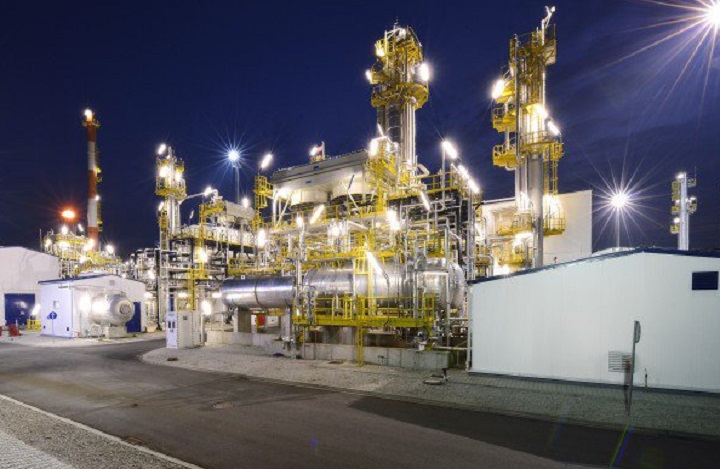If you’re interested in natural gas investing, you’re probably aware of the dispute that’s going on between Qatar, a major natural gas exporter, and its neighbors. However, on Tuesday, Qatar Petroleum’s chief executive announced that the state-owned petroleum company has plans to boost gas production from its giant North Field, which it shares with Iran, by 20% after new gas development, despite the ongoing diplomatic tensions.
In April, Qatar lifted a self-imposed ban on development of the North Field, which is the biggest natural gas field in the world. At the same time, Qatar disclosed the plans for a new project to develop its southern section, which would increase production from five to seven years.
At a news conference in Doha, Saad al-Kaabi, the CEO of Qatar Petroleum, announced to the audience that this new project will increase Qatar’s total liquefied natural gas (LNG) output capacity by 30% to 100 million tons from 77 million tons per year. In 2016, global LNG demand was 265 million tons, according to Royal Dutch Shell’s (AMS:$RDSA) annual LNG outlook.
Elaborating further on the project, Kaabi said: “After further assessment, we have decided that the best way to develop this huge project is by dedicating it to the production and export of liquefied natural gas.” He added, ‘we have decided that the best option would be to double the size of the project to 4 billion cubic feet of gas per day…This project will strengthen our position as the world’s largest LNG producer and exporter.”
To meet the expansion in capacity, Kaabi said that QP will need to build new LNG trains. He also said that the state-owned company will be looking for international partners to join their team.
To no surprise, the announcement came a day after France’s Total SA signed a $5 billion agreement with Iran to develop its shared South Pars offshore gas field. While Kaabi said that there is no cooperation with Iran on any project in the North Field, the countries do have a joint committee that meets annually to discuss the development of the field. “We know what they [the Iranians] are doing,” said Kaabi, “and they know what we are doing.”
Iran, a country which suffers from massive domestic gas shortages, has made a rise in output from the South Pars offshore field a top priority. The agreement on Monday with Total is to develop its South Pars Phase 11 project, which will be the first major Western energy investment in the country since 2015.
Qatar, who is Gulf OPEC member, faces sanctions by Saudi Arabia, the United Arab Emirates, Egypt and Bahrain, who have all cut diplomatic and transport ties with Doha, accusing it of child labor and supporting terrorism. Qatar has denied all of the accusations.
The four Arab states will be meeting on Wednesday to discuss whether they should end the diplomatic crisis or if they need to impose further sanctions on Qatar. If they decide to impose further sanctions, the four Arab states might end up asking trade partners to pick a side in the Gulf crisis.
However, Kaabi has said that QP’s operations will not be affected by the Gulf crisis. “Qatar Petroleum will continue working…If some companies decide they don’t want to work with QP that’s their choice. We will find other foreign companies to work with,” said Kaabi.
Featured Image: twitter











